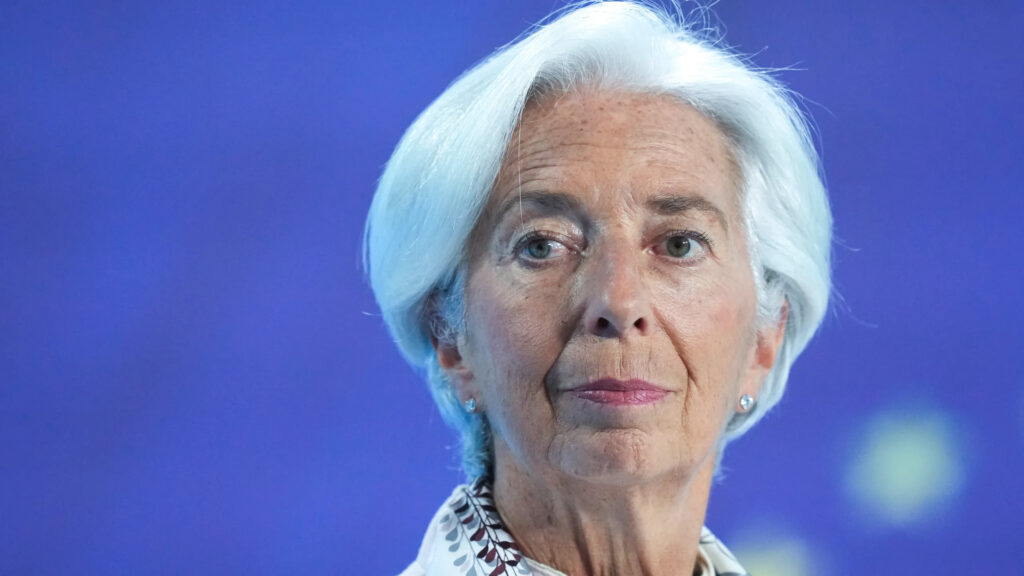|
Getting your Trinity Audio player ready...
|
The business landscape across the eurozone is experiencing a pronounced downturn, with recent surveys indicating a significant deceleration in services activity.
This trend is raising the specter of a recession within the 20-country currency bloc, as data from the third quarter already shows a contraction of 0.1%. The final Composite Purchasing Managers' Index (PMI) for October, a critical barometer of economic health, suggests the eurozone is entering the closing quarter of 2023 on an uncertain footing.
PMI Data Reveals Pervasive Weakness
The PMI, compiled by S&P Global, plunged to a worrisome 46.5 in October, marking the lowest reading since the COVID-19 restrictions of November 2020 and indicating contraction for a fifth straight month.
Adrian Prettejohn of Capital Economics notes that these figures align with projections of a GDP contraction in the fourth quarter, compounded by a slump in new orders and exports.
Sector-Specific Challenges and Isolated Bright Spots
Manufacturing activity continued its retreat in October, with new orders experiencing one of the most significant contractions on record. The services sector is also struggling, with demand reaching its lowest point since early 2021.
Germany and France, two of the euro zone's largest economies, are seeing a retraction in services activity. Meanwhile, Italy faces its fastest pace of decline in a year. However, Spain offers a glimmer of hope, with its services sector registering modest growth.

Investor Sentiment and ECB's Stance
Amidst the prevailing challenges, investor morale surprisingly improved in early November, with Sentix's index reflecting the most positive future expectations since the beginning of the year.
The European Central Bank (ECB), which recently paused its rate hikes, remains cautious about the possibility of rate cuts. Nevertheless, the ECB may find some solace in the PMI survey's indication of easing price pressures, with both input and output price indexes showing a decrease from the previous month.
Navigating Through Economic Uncertainty
As the eurozone grapples with these economic headwinds, the focus turns to the resilience of businesses and policymakers' strategies to navigate through potential recessions. With inflationary targets yet to be met and rate adjustments on hold, the final quarter of 2023 will be critical for the euro zone's economic outlook.







